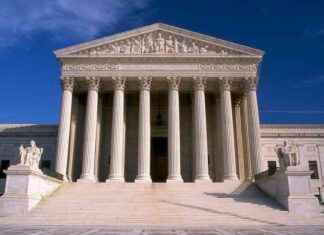The school’s president also stated that the university plans to support the direct descendants of the dozens of slaves who worked at the Ivy League campus.
Harvard University released a report outlining many of the ways that the college profited from slavery and perpetuated racial inequity, which President Lawrence Bacow announced.
Bacow commissioned the report. It found that Harvard’s leaders, faculty and staff enslaved more 70 Native American and Black peoples from 1636 to 1783, when the school was founded. It said that Harvard scholars continued to support ideas of white supremacy for decades.
Bacow stated that many people will find the report “disturbing” and “shocking.” He also acknowledged that the school had “perpetuated practices which were deeply immoral.”
He wrote, “Consequently, I believe that we have a moral obligation to address the persistent and corrosive consequences of those historical practices upon individuals, Harvard, and our society.”
The 130-page report also contains recommendations that Bacow supported. To carry out this work, the university will establish a $100 million fund. This fund will be used to strengthen relationships with historically Black colleges as well as expand education in areas that are underserved.
Harvard was also asked to identify direct descendants of enslaved persons and engage them in dialogue and education support.
The report stated that such efforts would allow these descendants to recover their history, tell their stories and seek out empowering knowledge.
Harvard is one of a growing number U.S. universities that are working to recognize and reckon with slavery’s historical ties.
Harvard’s 2016 work began when Drew Gilpin Faust, former President of Harvard, acknowledged that Harvard was “directly complicit” in America’s system racial bondage and established a committee to investigate the issue. Bacow, building on previous work, commissioned the 2019 report.
Bacow wrote that “the Harvard I’ve known, although far from perfect, tried always to be better — bring our lived experiences ever closer to our high ideals.” We continue our long tradition of accepting the challenges ahead by releasing this report.











